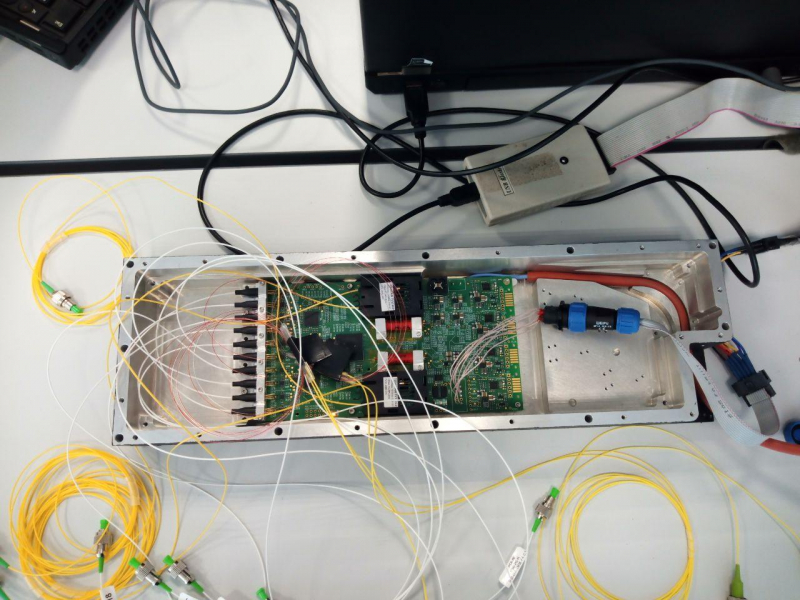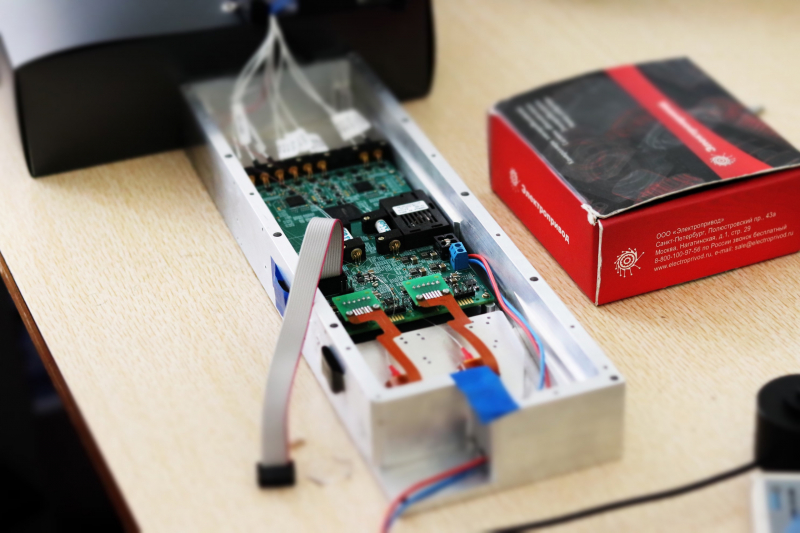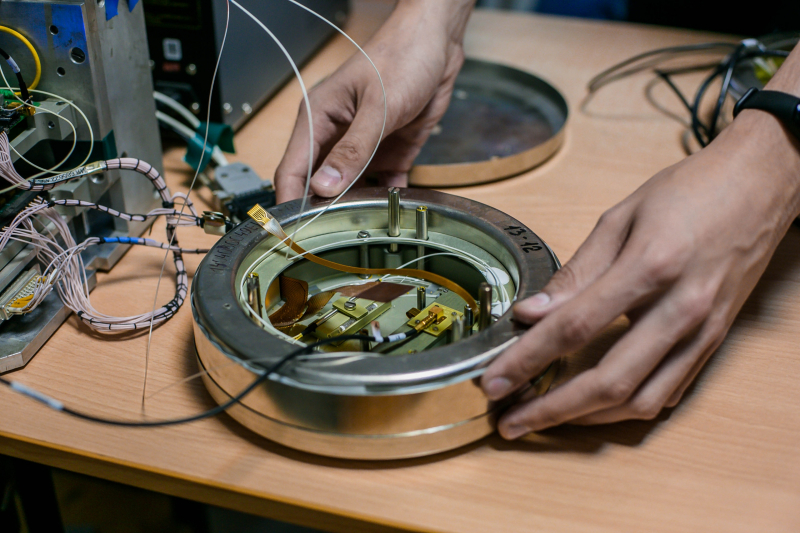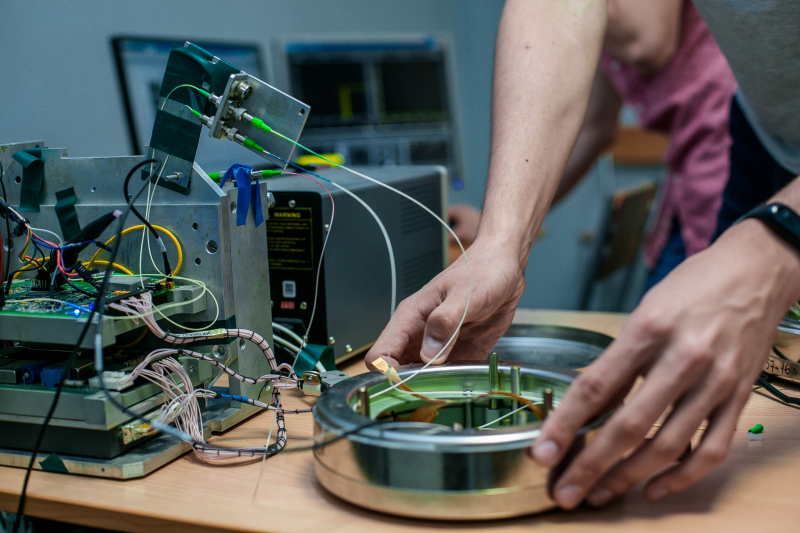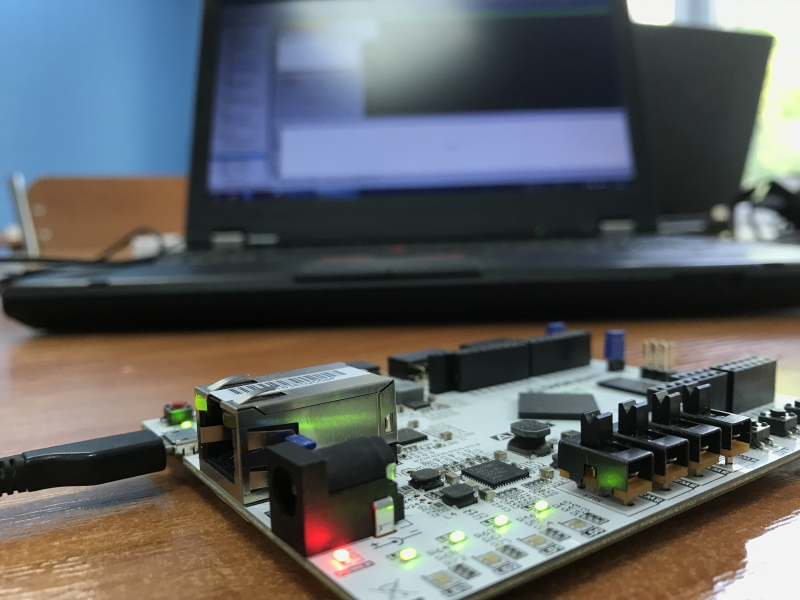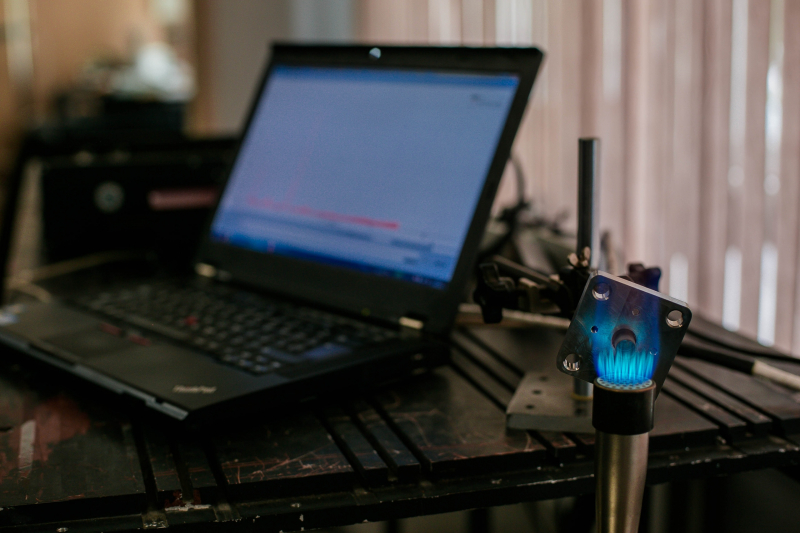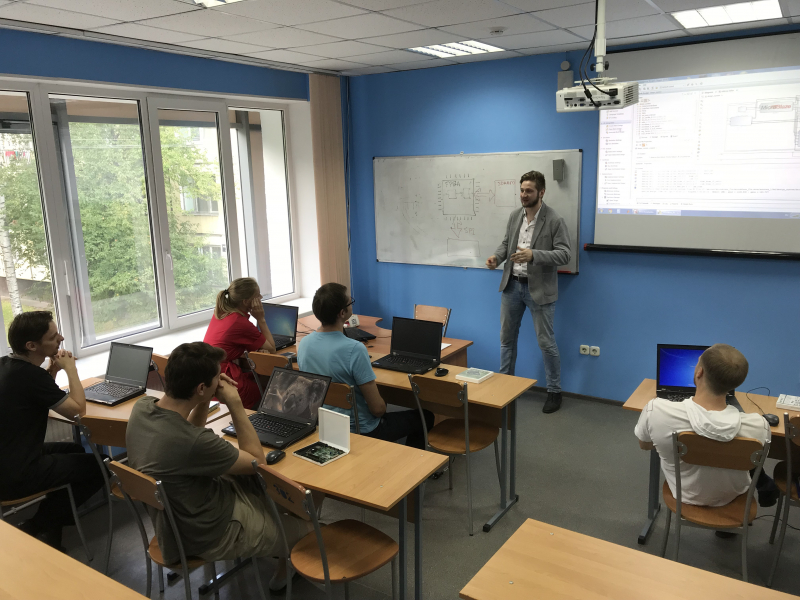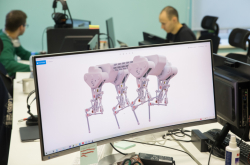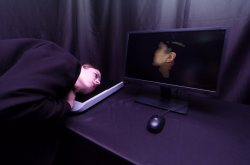Combining work and studies
ITMO University is currently developing a brand new approach to education meant to tackle this problem. The first project-based Master’s program was launched at the Faculty of Software Engineering and Computer Systems, and now another and now another program that employs this approach has appeared at Higher School of Engineering, a recently created department that unites Research Institute of Light-Guided Photonics, Research and Development Center “Precision Electromechanics,” and ITMO’s Engineering and Technology Center.
In 2021, Higher School of Engineering is offering one Master’s degree program – Light Guide Photonics and Programmable Electronics that is truly unique: starting from their first semester students will be employed in one of seven associated labs as full-scale developers. This way they will have the opportunity to join a project undergoing in the lab, collaborate with research associates, and earn a salary. Moreover, as their experience grows and their tasks become more complex, their salaries will increase accordingly.
“Higher School of Engineering collaborates with industrial partners and completes large-scale technological projects. Oftentimes our partners require highly qualified engineers – not recent graduates, but those who already have experience of working on real-life projects.
With this project-based Master’s program, we are aiming to cut short the number of years between getting theoretical knowledge at university and solving practical tasks in the real industry. So, starting from their first day at the program, students will be employed at the School’s labs or ITMO University partners, where they can instantly apply the knowledge they gained in class to tasks set by their supervisors,” explains Andrey Kulikov, head of Higher School of Engineering.
Individual educational tracks with a personal approach
Students will spend two years working on various projects – not necessarily sticking to a particular one, but also having the chance to switch between them according to their research interests and career tasks.
All projects are divided into eight stages, each lasting two months. At each stage, students complete technical tasks set by their thesis supervisor or the head of the lab, while also studying soft skills. At the end of each stage, students present their projects either at their labs or in front of a university committee. During such research seminars, students will have the chance to discuss their progress with colleagues and supervisors, as well as set their tasks for the next stage.
“At the final stage, students will have to choose a soft skills module to form a specific set of skills based on their career choice: an engineer developer, a researcher (for those aspiring to get a PhD), an innovation entrepreneur (for those wishing to launch a startup or business), a manager, or a business administrator.
“We also have a course called Business Relationships, where we invite leaders of major Russian and international industrial companies to hold workshops and seminars for our students. There, they will analyze successful cases and learn how to successfully bring a product to market or implement an innovative technology and launch its mass production,” says Anna Voznesenskaya, deputy head of Higher School of Engineering.
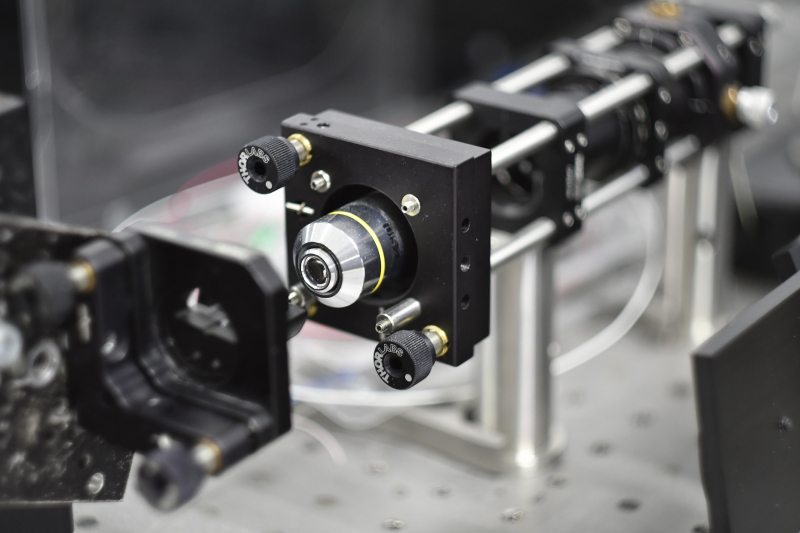
Laboratory of Assembly and Alignment of Light-Guided Photonic Devices. Photo courtesy of the school
Navigation systems and measuring tools in space and underwater
The main faculty of the program are lecturers and researchers of the Research Institute of Light-Guided Photonics. At the same time, this interdisciplinary program offers two tracks: Light-Guided Photonics and Programmable Electronics. The two have significantly different curriculums, but both offer fundamental knowledge of optics, photonics, and programmable electronics. Though this combination might seem non-obvious, the creators of the program underline its competitive benefits:
“While light-guided photonics works more with optics, programmable electronics deals with printed circuit boards and software development. In our labs, we are working on complex sensors, measuring systems, and devices that all have an optical part, as well as the related electronics and software. That’s why professionals in optics and photonics need to constantly collaborate with experts in programming and electronics. Including the time of their studies, because our students are involved in project work. They have to learn the basic terms and ideas of their colleagues, at least so that they can successfully communicate when working on their tasks,” explains Ivan Deyneka, head of the Laboratory of Modeling and Programming at the Research Institute of Light-Guided Photonics.
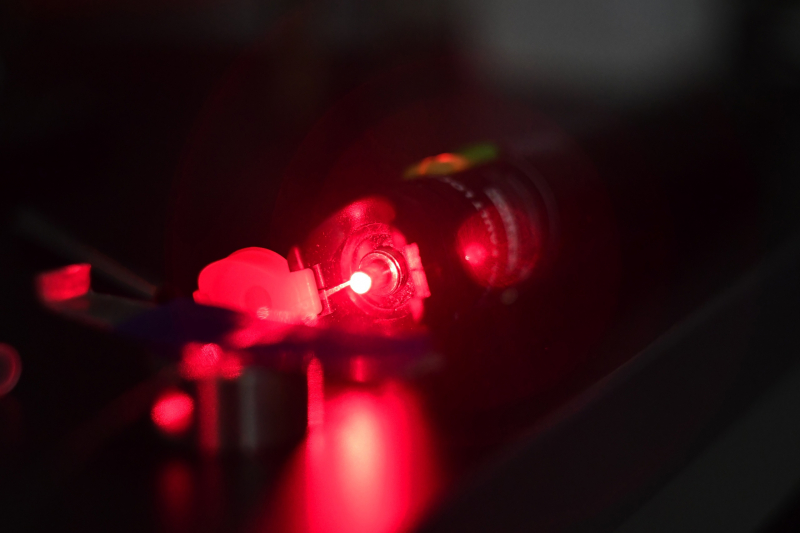
Laboratory of Assembly and Alignment of Light-Guided Photonic Devices. Photo courtesy of the school
Students will take part in projects connected to design and programming of complex sensors, optical fiber-based devices, monitoring and navigation systems, measuring devices, optical connection elements, signal amplifiers, etc.
“Photonics is a very broad term. The majority of projects developed by the Research Institute of Light-Guided is focused on fiber optics or applications of optical light-guides, which are essential in nearly every field these days. Transcontinental trunk communication lines enable us to communicate with the whole world. Precision navigation systems are based on optical gyroscopes. And fiber-optic sensors are increasingly applied in automobile construction and shipbuilding,” adds Andrey Kulikov.
What next
After graduating, students will be able to choose one of the several career paths:
-
engineers, who will have the skills necessary to design and develop devices and associated software;
-
researchers, who will enroll in PhD programs to join research on new scientific and technological solutions;
-
innovation entrepreneurs, who will not only be able to come up with innovative ideas, but also have the skills to successfully present the results of their work to attract funding.
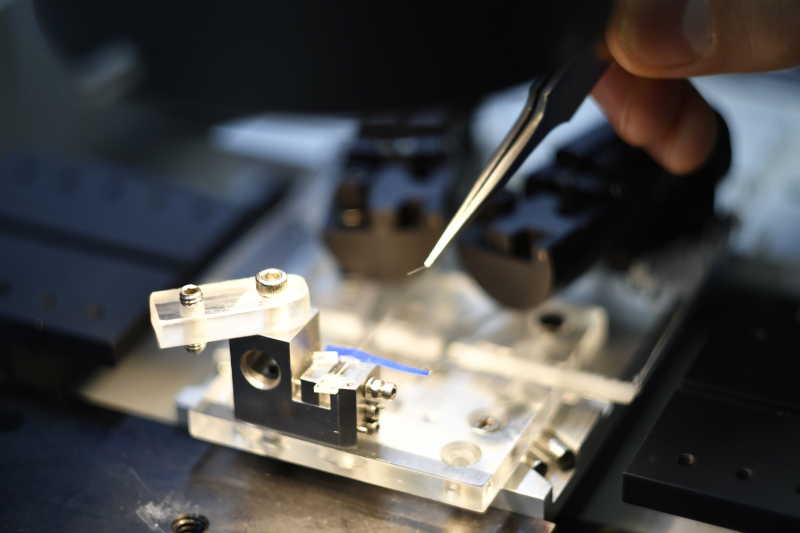
Laboratory of Assembly and Alignment of Light-Guided Photonic Devices. Photo courtesy of the school
The first cohort will have 40 students, who can have any technical background – in physics, programming, engineering, etc. Curators of the program stress that the key factors are motivation, readiness to work on a project, and a desire to develop professionally.
Students can enroll in the program based on entrance examinations, the I am A Professional Contest, the It’s Your Call! online forum, ITMO University’s portfolio contest, or the Congress of Young Scientists contest. You can learn more on ITMO’s application portal.

